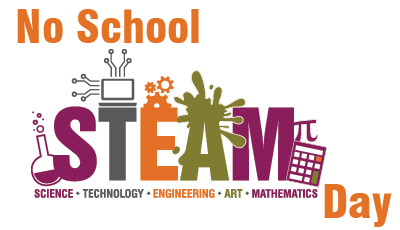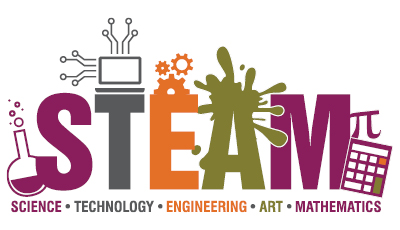Your destination for STEAM education, where tomorrow’s scientists, engineers and artists play and learn today. Your Washington Pavilion is now better than ever with STEAM educational opportunities around every corner.
STEAM education is an approach to learning that uses science, technology, engineering, art and math to guide student exploration and critical thinking. Through this holistic approach, students are encouraged to exercise both creativity and logic at once.
Our programming includes No School Steam Days, the Kirby Science Center, the Graham Preschool, and daily programming.
Come learn and explore with us — all while having fun!
Give your child a productive, educational and fun time off from school in an exciting, engaging environment with these affordable day camp opportunities.
Dates for next school year coming soon!
Enjoy more than 100 highly interactive exhibits featuring topics ranging from aerodynamics and agriculture to dinosaurs and space exploration.
Join us for a variety of fun activities and demonstrations throughout our museums.
Stimulate exploration and encourage problem-solving skills, creativity and social and emotional growth coupled with opportunities to interact with Kirby Science Discovery Center exhibits, Visual Arts Center exhibitions and performing arts.
No School STEAM Day - January
Jan 12
9:00 AM
No School STEAM Day - February
Feb 5
9:00 AM
No School STEAM Day - March
Mar 15
9:00 AM
Frequently Asked Questions
What’s the difference between STEM and STEAM?
The difference lies in the approach to scientific concepts. STEM focuses explicitly on the hard scientific, technological, engineering or mathematical skills to drive progress or create a new concept. In STEAM curricula, students leverage both hard and soft skills to solve problems. The result is out-of-the-box thinking and creative problem-solving needed in today’s workforce.
What is the goal with STEM and STEAM learning?
The United States suffers from a worker shortage in fast-growing STEM industries, including manufacturing, technology and engineering. The educational method encourages interest in these industries for both boys and girls with the goal of creating a more skilled workforce to meet the demands of tomorrow.



